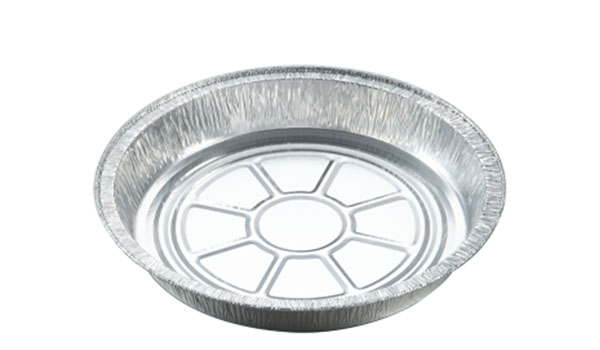The rapid development of the food industry has put forward higher requirements for the production process and industry standards. The production process of aluminum foil boxes has high requirements for the use standards of lubricants. The production process of aluminum foil boxes is mainly divided into six steps: display material-oiling-feeding-stamping-forming-blank-inspection. The stamping pressure of aluminum foil in the production process is as high as 40~80 tons, the stamping frequency is 1~2 seconds, and the average production volume is 20,000/day. Stamping oil plays a very important role in the production of aluminum foil lunch boxes, including heat dissipation, temperature rise, protection of aluminum platinum surface, protection of stamping equipment and molds, rust prevention, corrosion resistance, and prevention of aluminum platinum surface adhesion. In view of the special lubrication requirements of the aluminum foil lunch box industry, the lubricant uses exquisite narrow fraction base oil as the raw material, environmentally friendly and energy-saving lubricant, and extreme pressure agent is used to develop common stamping oil for aluminum foil lunch boxes. The stamping oil has appropriate viscosity, good lubrication performance, good load-bearing performance, good cooling performance, can improve work efficiency, and make the product achieve better finish and precision. Excellent volatility, no residue after evaporation, keep work pleasant, and avoid workpiece adhesion. The production of foil boxes, due to its high pressure, high temperature process, excellent extreme pressure performance and excellent heat resistance of stamping oil commonly used in aluminum foil boxes, not only solves the heat generated by friction on the surface of equipment and molds, but also greatly improves the service life of equipment and molds.
The advantages of aluminum foil lunch boxes in environmental protection are as follows:
1. Aluminum foil lunch boxes and utensils are recyclable
2. Even if aluminum foil lunch boxes and utensils are incinerated to generate electricity, aluminum slag will be recycled after increasing energy efficiency
3. Even if lunch boxes and utensils are buried, they are harmless and can be degraded
4. Aluminum metal containers are non-toxic and will not cause poisonous substances in normal use. The so-called aluminum poisoning has nothing to do with aluminum metal, but is caused by excessive aluminum ions in food additives. At present, there is no confirmed case of aluminum metal poisoning in the world.
